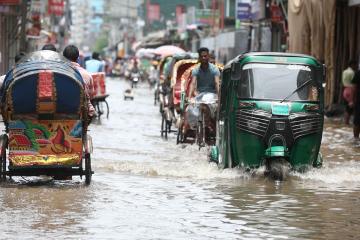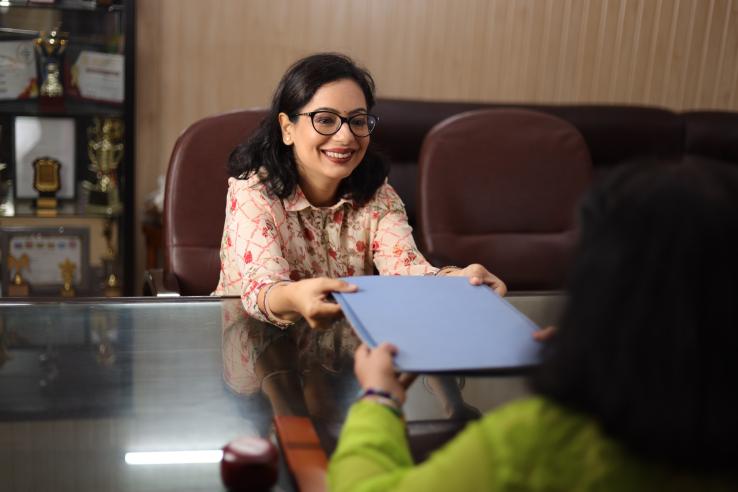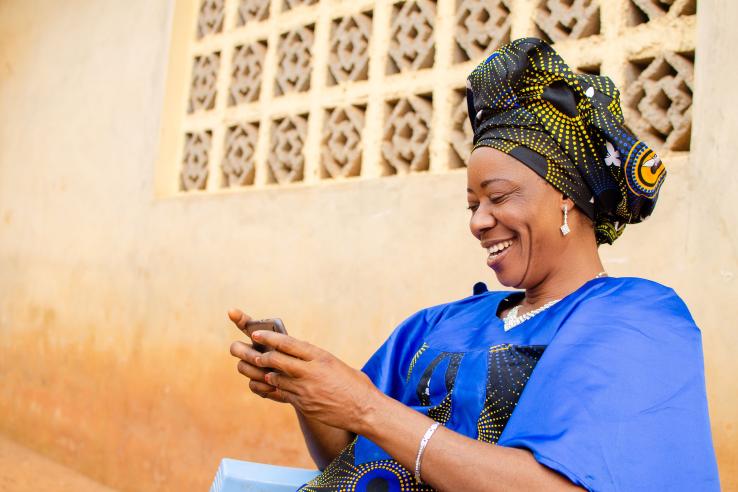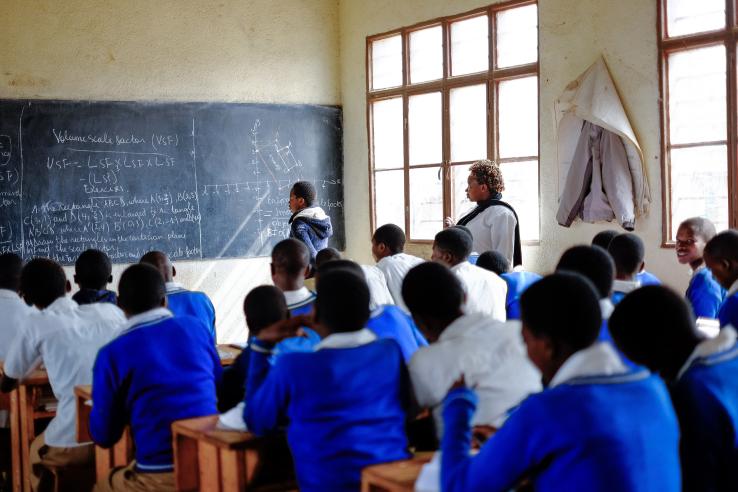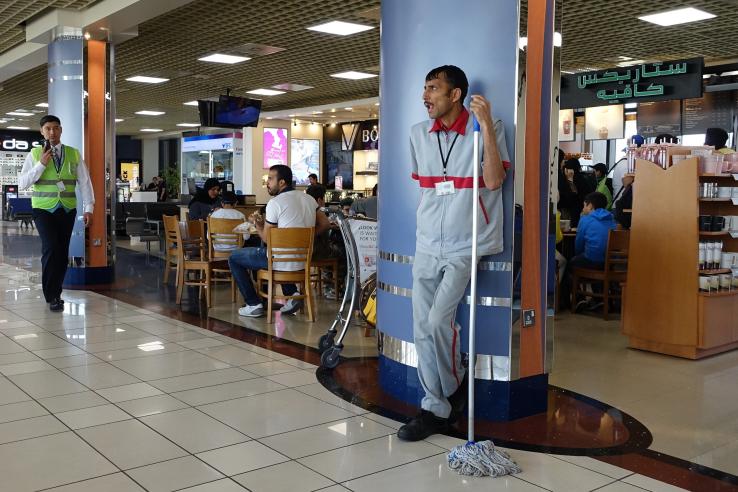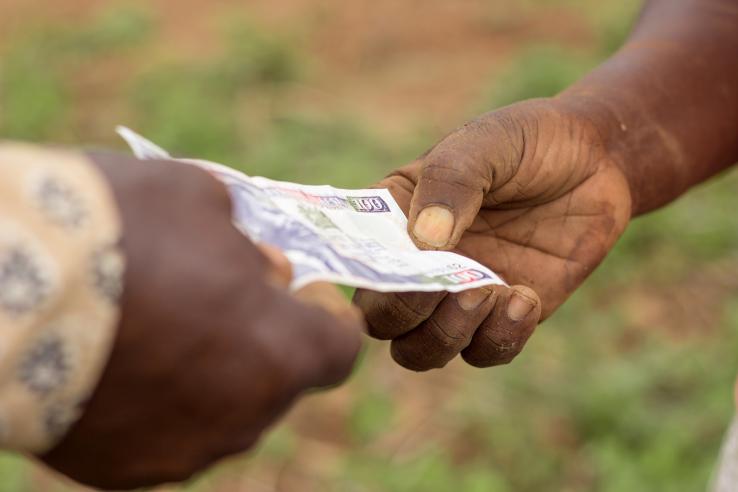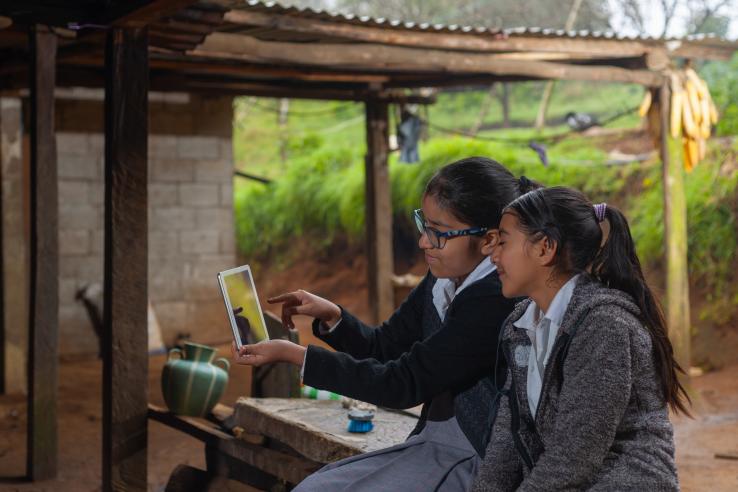Displaying 7351 - 7365 of 8331
Person
Person
Person
Patrick McNeal joined J-PAL in 2010 and manages its information technology. Patrick holds an Bachelors of Science degree in Computer Engineering from the University of Michigan. Previously, he worked for both the University of Michigan and MIT's central technology groups.
Person
The Evidence Effect
Providing quick financial support to families in advance of extreme weather events can improve their resilience and recovery.
Evaluation
Researchers conducted a randomized evaluation to test the effectiveness of providing individualized coaching to university students on their persistence in university courses. Students who were assigned to a coach were more likely to persist in university.
Evaluation
Researchers evaluated the effect of distributing “value-added” teacher evaluations to principals in New York City. Their findings suggest that principals found the reports useful and used them to inform their overall perceptions of teacher effectiveness.
Evaluation
Researchers ran an evaluation in Niger to determine if training adults to use mobile phones could improve their learning outcomes when added to a standard adult education program. The mobile phone program increased student writing and math test scores relative to the standard curriculum.
Evaluation
Working with the Rwandan Education Board, Educate!, and Akazi Kanoze Access, researchers are examining the impact of a program that trains teachers in Rwanda’s revised secondary school entrepreneurship curriculum on student academic, economic, and labor market outcomes.
Evaluation
Researchers are evaluating the impact of providing the option of labeled remittances to Filipino workers in the United Arab Emirates on the amount of remittances sent and what those remittances are used for by their recipients.
Evaluation
In Uganda, where most employees receive their wages in a single monthly payment, researchers are working to evaluate if an alternative, divided payment schedule reduces regretful spending.
Blog
Generating rigorous evidence on the effectiveness of programs designed to reduce poverty is not just the work of lower and middle-income countries. Countries across Europe and North America are also grappling with how to best tackle deep-rooted and pressing social challenges. These include...
Person
Person
Juliette is a Policy and Communications Intern at J-PAL Global, where she supports the Policy and Communications group in funding innovative research and synthesizing and disseminating evidence-based policy lessons.
Evaluation
Researchers and the Ministry of Education evalauted at scale two low-cost ways of providing relevant information to help students and their families make more informed decisions. Results suggest that the programs were effective at changing educational plans and lowering dropout rates, while significant effects on child labor were mixed.
